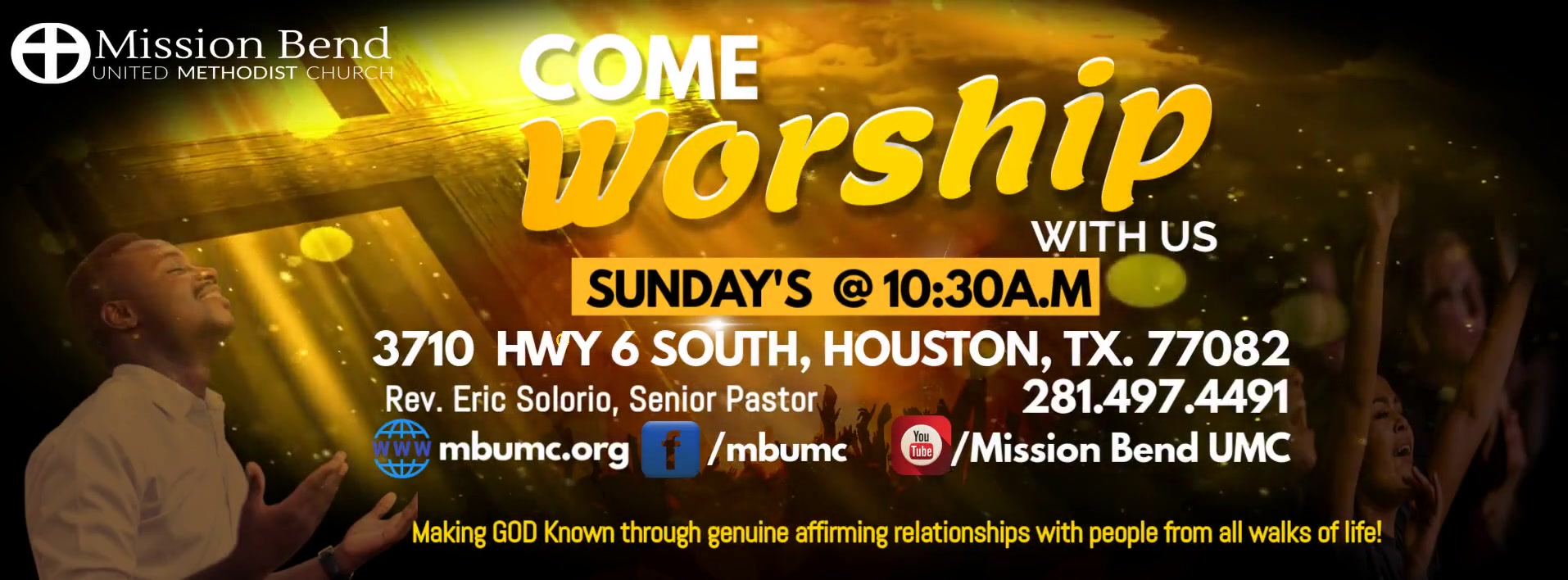The Gospel of Luke, chapter 3
Read it here: [CEB] [NRSV]

Luke takes up again the story of John, the son of Elizabeth and Zechariah from chapter 1. As in that chapter, Jesus and John cross paths again, but now as adults with their own vocations being lived out.
Remember that in the Roman Empire, most people were at the bottom of the socioeconomic pyramid, living a barely-sustainable life marked by deprivation and degredation. The main beneficiaries of the Empire’s order and stability was a sliver of elites, whose own position was none too secure. Luke sees the Roman occupiers and their collaborators in the Jewish theocracy ruling over a world order contrary to God’s desire. Both the visible misery of poverty and want, as well as the invisible spiritual desolation, point to the real condition of the world and the need for God’s rescue. Karl Allen Kuhn reminds us that “disease and ailments of various sorts, demon posession, enmity, social marginalization, poverty, and death litter the pages of Luke’s narrative” (232). Alienation from God and God’s Kingdom is corrosive at every level: personal, societal, global, and cosmic.
So it is no surprise that John’s fiery preaching sets the stage for the approaching day when “all flesh will see the salvation of God” (3:6). Rather than creating a laundry list of “Do’s and Don’ts,” John issues a challenge to be baptized. This baptism of repentance and forgiveness—look how churchy words are given new life in the CEB, “show that they were changing their hearts and lives and wanted God to forgive their sins”—casts John in the Scriptural mold of the prophet. For the people to show that they have truly turned the corner, sharing what they have according to God’s economy (not Rome’s or Jerusalem’s) is a witness to the coming Kingdom. For the tax collectors and soldiers, relinquishing their oppressive, self-enriching practices demonstrate the desire for God’s forgiveness and new life.
As Jesus comes on the scene, John tells us that Jesus will bring the Holy Spirit and fire. Sure enough, the Spirit descends on Jesus in the next few verses. But, “Why fire?” as Cyril of Jerusalem asks in the 4th century?
Because the descent of the Holy Spirit was in fiery tongues. Concerning this the Lord says with joy, “I have come to cast fire on the earth, and how I wish it would be kindled!” (Catechetical Lectures 17.8)
Jesus comes to bring not mere judgement but also the gift of Pentecost, that we might all speak prophetic truth like John, and be possessed by the holiness of God in Jesus Christ. But even this joyful celebration is marked by a shadow, as Luke quietly reminds his readers of one consequence of embodying the Kingdom: a ruler in this world, Herod, imprisons John.
Finally, Luke gives us a genealogy of Jesus. Now, compared to Matthew’s more famous list, it’s tempting to compare which names appear or don’t, or wonder why Matthew included (or did Luke omit) the notable female forebears alongside the men. But I think the reason why Luke includes Jesus’ family tree, especially at this point in the story, is to lead us from the present moment, back through the ages, to remember that Jesus is—like Adam—the Son of God.
What would John say to you if you came to Jordan River?
How would you be challenged to live in God’s reign,
not as if you were subject to this society?
What does the holiness of God look like?
Read, reflect, and respond in the comments below!



Like this? Please let us know!